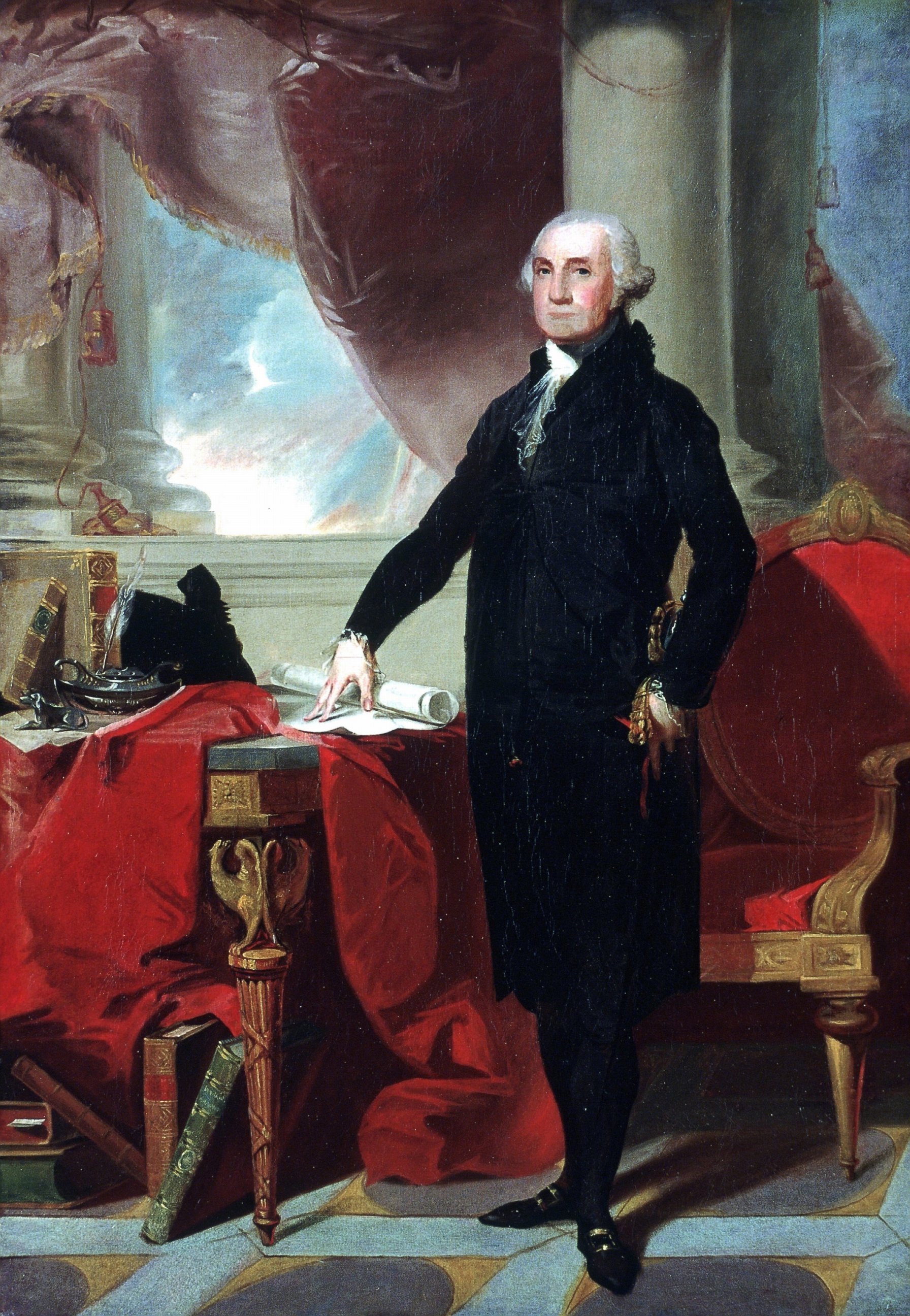How an Independent Candidate for President Can Enter Now and Compete
Evan McMullin has a major uphill climb ahead of him.
— -- After months of trying to find an alternate candidate to GOP nominee Donald Trump, the "Never Trump" camp finally has its pick. Evan McMullin, a 40-year-old former CIA counter-terrorism officer and chief policy director of the House Republican Conference, will mount an independent run.
The last independent candidate to claim the Presidency was George Washington. The most successful one in recent years was Ross Perot, who received 19 percent of the popular vote in 1992, but zero electoral college votes.

Here’s a look at some of the biggest hurdles McMullin and the conservatives backing him need to overcome.
Ballot RequirementsGenerally speaking, an independent candidate gets on the ballot in each state by obtaining the number of signatures required to do so. The issue is that each state has a different deadline and more than half have already passed. There are nine deadlines in the upcoming week, worth 109 electoral votes, and 10 more in the rest of August, worth 74 electoral votes. The remaining five deadlines are in September.
Richard Winger, publisher of “Ballot Access News,” which tracks ballot requirements for independent candidates, told ABC News he thinks McMullin could end up on the ballot in approximately 17 states -- if he is extremely organized.
There are some other routes for independent candidates unable, or unwilling, to obtain the requisite amount of signatures. They can get a third party, who is already ballot-eligible -- for instance, the Independence party in New York -- to “sponsor” them. They can sue an individual state to get on the ballot. According to Winger, however, McMullin only has a viable chance of winning lawsuits if he sues states with May and June deadlines because he has more legitimate grounds for arguing the timing of those deadlines are unconstitutional.
The Costs Obtaining these signatures, if they manage to get them in by the deadline, isn’t cheap. Winger estimates that the cost of garnering enough signatures to get on the ballot in all 50 states would cost more than $3 million. McMullin already missed deadlines in several states and that number doesn't include standard campaign costs like staff payrolls and TV ad buys.
In 1992, Perot was able to get on the ballot on all 50 states, mobilizing thousands of volunteers to garner the necessary signatures for the petitions. But, unlike McMullin, Perot was a billionaire businessman largely funding his own campaign.
Polling Requirements Even if McMullin ends up on the ballot in these nearly 20 states, he would still need to introduce himself to voters through both campaigning and the debates. But before he can earn a spot on the debate stage, he would need to poll high enough.
Candidates must hit 15 percent support in an average of five reputable polls chosen by the debate commission in mid-September, in order to make the debate stage -- an uphill climb even for established third party candidates like Gary Johnson and Jill Stein.
Possible Advantage: Strong Mormon Backing A Utah native and a graduate of Brigham Young University who served as a Mormon missionary in Brazil, McMullin will likely have high support among Mormons. This makes it even more crucial for McMullin to get on the ballot on the states with the highest Mormon populations, like Utah, Idaho, Wyoming, and Arizona, all of which have ballot deadlines in August and September. The deadline for Nevada, which is nine percent Mormon, passed on July 8.



